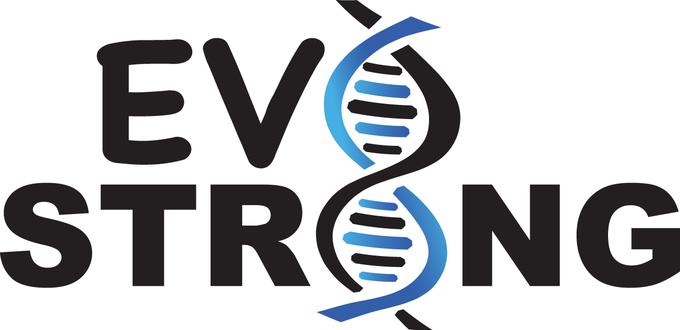Whey Good Or Way Bad?
By Kelly DuBois
Quality whey protein has some amazing benefits. Key word here is QUALITY. Most protein powders on the market are low grade, have been processed in ways that denature the protein rendering it useless and have additives that are potentially harmful. If you don't know what's in your protein shake, you don't know what it's doing to you.
These are the things your whey protein powder shout not have:
- No soy
- No artificial sweeteners, flavors, colors or preservatives
- No casein
- No fructose or fructose corn syrup/sugar
- No gluten
- No sugar alcohols
- No hydrolyzed protein (hydrolyzed protein is free glutamic acid which is msg
These are the things you want:
- Concentrate not isolate
- At least 80% protein (divide grams of protein by grams per serving size)
- Organic (no hormones)
- Grassfed
- Made from Un-pasteurized (raw) milk. (all New Zealand whey is pasteurized)
- Cold processed, since heat destroys whey’s fragile molecular structure
- Minimally processed
- Highly digestible
- Look for medium chain fatty acids (MCTs), not long chain fatty acids
Post work-out is a great time for a protein shake. After you exercise, your body is in a catabolic state. Your post workout meal should be one that shifts the process towards repair and growth. The catabolic process will continue and can actually damage your muscles if you don't replenish them after you work them. Ideally, you should have this meal within 30 minutes after your session and it should include fast-assimilating proteins. A high quality, grass fed whey protein powder is a great choice, because whey protein is pre-digested. This makes the absorption rate fast and easy. Post workout, much of the blood is in your muscles instead of your digestive tract, which weakens your body's ability to digest and absorb nutrients. You want this meal to be absorbed quickly so your body can immediately shift towards an anabolic state.
If you want to take advantage of the human growth hormone (HGH) production that is naturally stimulated by strength training and High Intensity Interval Training (HIIT), then it is important to not consume any sugar (especially fructose) within two hours of your workout, HGH is our fountain of youth hormone that builds strength, builds muscle and burns fat. Sugar and fructose post workout will produce a hormone called somaatostatin, which inhibits the release of growth hormone. If you're concerned about replenishing your glycogen stores, DON'T BE! Unless you are a hardcore endurance athlete, your glycogen stores are not going to be depleted.

